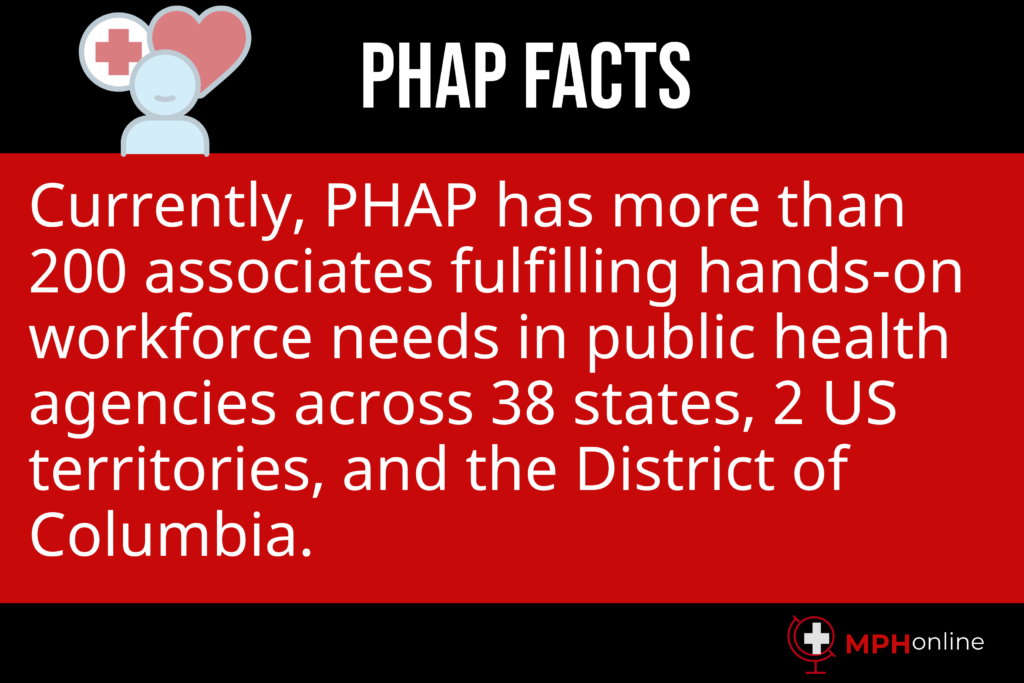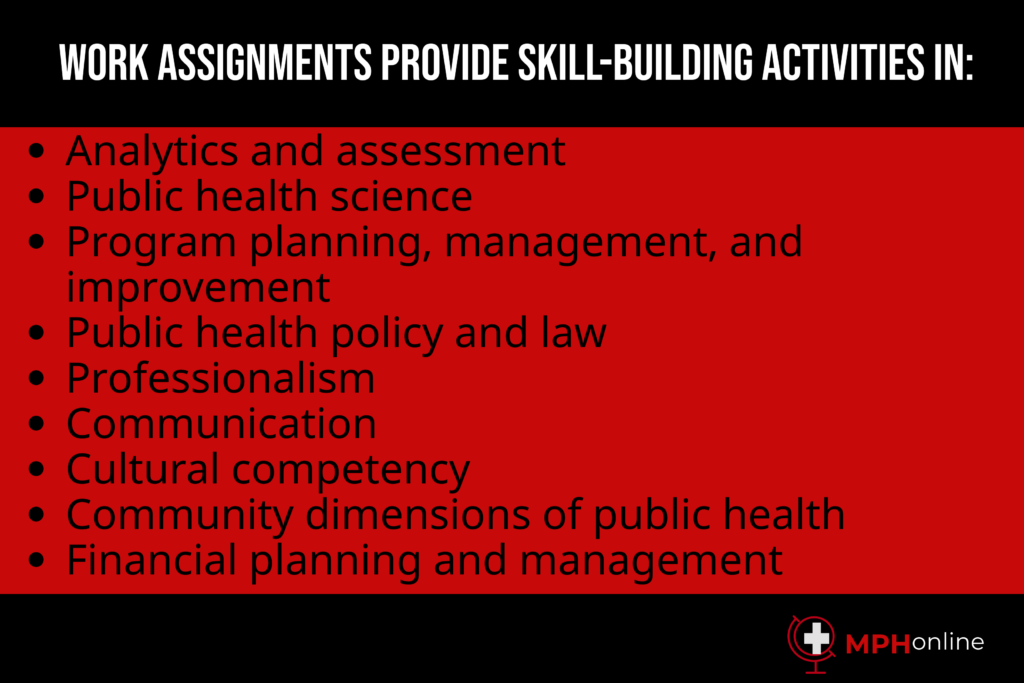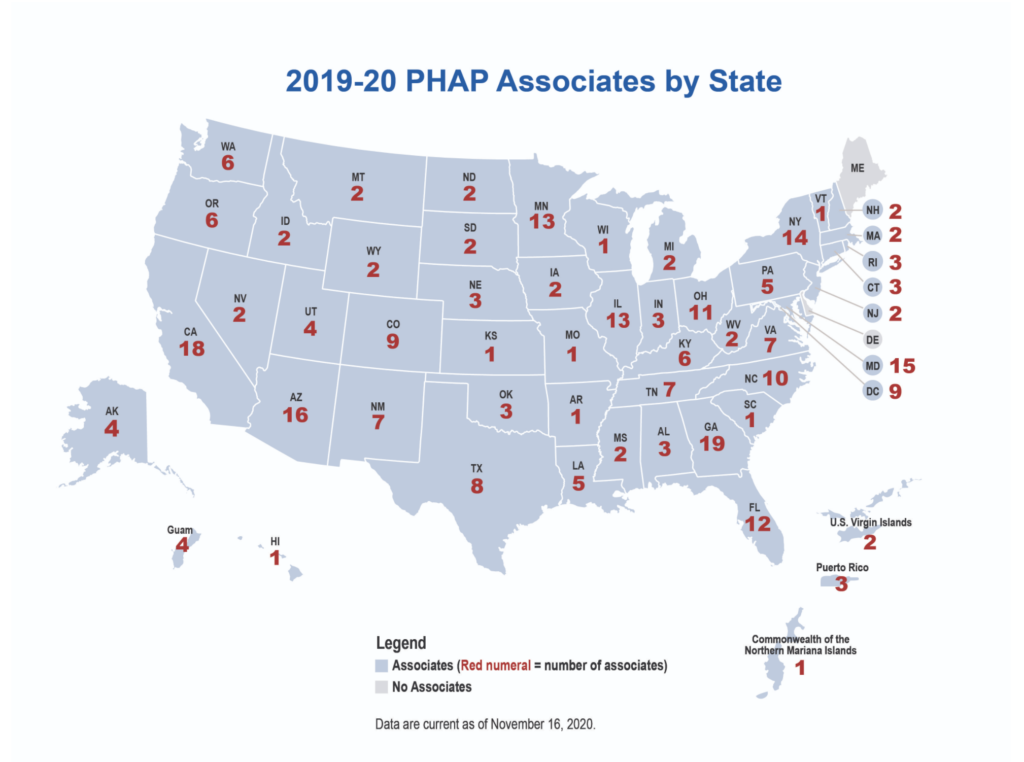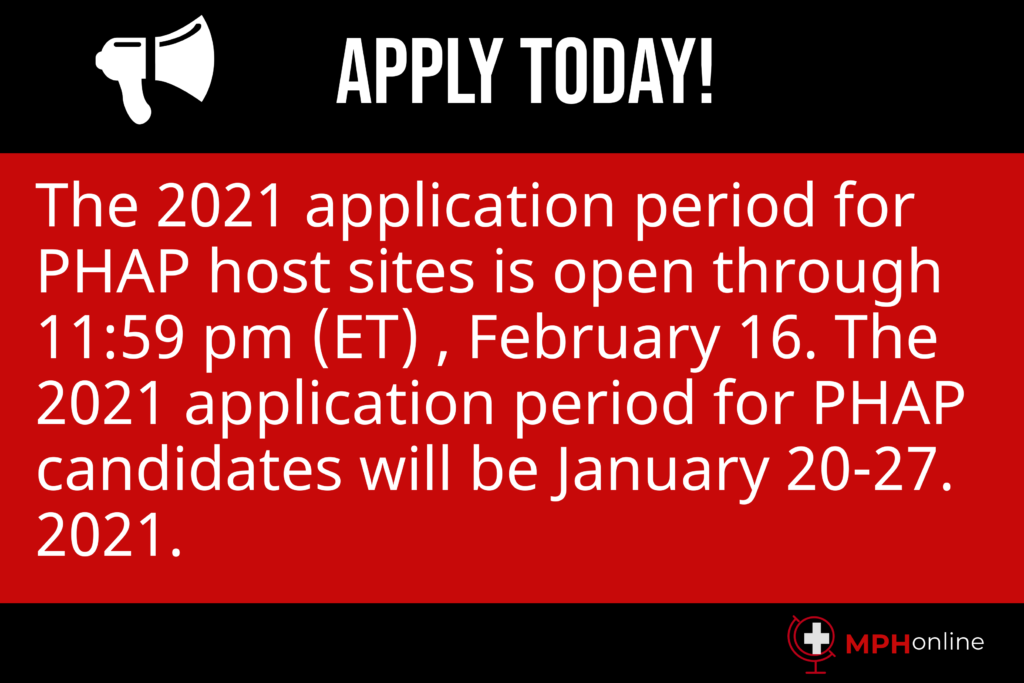The Centers for Disease Control & Prevention (the ‘CDC’) is a national health agency dedicated to managing and improving public health, with a robust budget that nears $12 billion (2018). The CDC, a federal agency located in Atlanta, Georgia, can trace its origin-roots to the Communicable Disease Center. This federal agency was created in 1946 to take over the professional duties of those who would be working at the WWII Malaria Control program. Note that the “& Prevention” appendage was added to the name in the early 1990s.
Over the past several decades, the CDC broadened its focus to include the control of current & emerging disease, plus the governmental management of the following –
- Injury & Violence Prevention.
- Chronic Diseases.
- Environmental health.
- Global migration & quarantine.
- Terrorism Preparedness.
- Disabilities.
- Immunization and the prevention of communicable diseases.
- STD (Sexually Transmitted Diseases), HIV & TB (Tuberculosis) prevention.
- Other health risks that include obesity, COVID-19, birth defects, bio-terrorism, and E. coli, among many others.

What is the CDC Public Health Associate Program (PHAP)?
The Centers for Disease Control created the Public Health Associate Program (CDC PHAP program) in 2007 to meet the increasing demands for frontline public health workers across the nation. In fact, the program has placed several hundred associates in most states, Washington, DC, and two United States Territories.
The CDC PHAP program is administered by the Center for State, Tribal & Local Support (within the CDC) and is a government-run, early-career training program for recent college graduates interested in a career in public health/or public service. Training programs include an extensive orientation, plus yearly training events at the CDC and regular online educational opportunities throughout the PHAP program from the CDC.
If you have an interest and eligible, it is essential that your CDC PHAP reviews of the program be comprehensive (and exhaustive) to ensure you make an educated decision about what can be a very competitive program for which to gain entrance and/or acceptance.
The CDC PHAP program is a two-year – PAID – training program that was developed to offer real-world experience (partnering with organizations and companies that act as ‘host sites’) that is simultaneously provided with ongoing mentorships in the areas of –
- Public Health Program Planning
- Public Health Program Implementation
- Public Health Program Evaluation
The program covers essentially nine public health-related domains, as follows –
- Analytics & Assessment
- Public health Science
- Public health Policy & Law
- Professionalism
- Program Planning, Management, & Improvement
- Cultural Competency
- Communication
- Financial Planning/Management
- Public Health Community Dimensions
Ultimately, the program is designed to develop the next generation of a public health workforce that is both sustainable and highly competent. When accepted into the program, students become PHAP fellows complete two rotations at the Centers for Disease Control (CDC) that each lasts six months.
It is during each of the PHAP’s six-month rotation that the PHAP associate will have the opportunity to –
- Complete diverse assignments within the CDC.
- Get an inside perspective on how the Centers for Diseases Controls works to meet its obligations as a leader of the American public health system.
- Complete field assignments to support local and state public health officials with public health challenges.
- Help extend the reach of the public health programs offered by the CDC across the country.
- Help facilitate the implementation of public health initiatives to improve public health frontline workers’ abilities to help others.
Following their two CDC six-month rotations, PHAP associates or fellows are assigned a two-year position at any one of these organizations, depending on need –
- Community-based organizations.
- Public health associations.
- Non-governmental agencies.
- State health agencies.
- Academic institutions, among others.
The rotations and two-year assignment allow PHAP associates to further their knowledge and gain hands-on experience that will act as the foundation for rewarding careers in public health domestically, or even in one of the United States Territories. When students have completed the CBC PHAP program, they will have earned the qualifications required to apply for a variety of occupations and positions in public health in organizations and agencies across public health sectors.
To date, more than 1,000 PHAP associates have successfully negotiated the Centers for Disease Control’s PHAP training– with one associate working less than three dozen miles from the arctic circle!

How to Apply & Get Into the PHAP?
The Public Health Associate Program (PHAP) is open to the following individuals who demonstrate a serious interest and commitment to the area of public health and public service. In addition, these candidates (shown below) must be flexible, culturally aware, and sensitive, want to be of service, and can demonstrate academic achievement.
- United States Citizens.
- United States Nationals.
- Permanent Residents.
However, eligible applicants must meet specific academic standards that include the following –
- Having graduated from college within the past 24 months. Note – military veterans of the United States armed services who miss the two year (after graduation mark) are given up to six years after they graduate to apply for the CDC PHAP program. Students who are currently enrolled but want to enter the PHAP program must graduate by July 1st of the year the individual applies for admission.
- A Grade Point Average (GPA) of a minimum of 3.0 – on average – for the most recently earned bachelor’s or master’s degree. This GPA must be evidenced by the submission of official academic transcripts from the higher learning institution.
In addition, those applying for admission to the CDC PHAP program must also make the following commitments to the program –
- Working full-time for two years.
- Work for a public health department at the local, state, tribal, or territorial level, a CDC quarantine station, or a non-governmental agency like a public health association, an academic institution, or a community-based organization.
Additional Pre-Requisites to Be Eligible for the CDC Public Health Associate Program (PHAP)
Individuals seeking candidacy for the CDC PHAP program must meet additional preset requirements. Through their secondary and post-secondary lives, applicants must be able to demonstrate a commitment to serving the public. This could include experiences that happened in school or on an extra-curricular basis.
The applicant’s strong communication and interpersonal skills will be revealed as part of the process when applicants have the opportunity to answer CDC PHAP interview questions.
Who is a Good Fit for the CDC PHAP Program?
The CDC’s objective is to fill these limited PHAP program opportunities with candidates who will benefit most from the program and candidates who can help public health benefits the most. As such, the great minds at the CDC have created a Best Fit Model from which potential candidates can work.
The following characteristics represent the professional and personal qualities of the individuals who may find this program a good fit for advancing their public health career, according to the CDC.
Potential candidates interested in applying for the CDC PHAP program should possess the following characteristics as a BEST FIT candidate –
Be a Big-Picture Thinker
The right candidates for the PHAP program should be able to think from an integrative, larger picture, beyond their explicit area(s) of experience or interest. Those enrolled in the CDC’s program are trained to understand how their role impacts the entire field of public health. As such, PHAP candidates graduate as public health generalists, with skills across many public health sectors.
Be an Effective Communicator
The right candidates for the PHAP program should possess strong oral and written communication skills that facilitate their ability to disseminate information expeditiously and with great accuracy.
Be Socially & Culturally Inclusive
The right candidates for the PHAP program should demonstrate tolerance and acceptance to work with those who may have varying backgrounds. Candidates should have respect for differences in age, religion, race, sexual orientation, gender, or even philosophical views.
Thrive in a Dynamic Environment
The right candidates for the PHAP program should thrive working within a fast-paced, responsive work setting. Public health professionals tend to bring a robust scientific approach to health care issues and implement changes as part of a larger, more comprehensive team.
Be Flexible
The right candidates for the PHAP program should adaptable and respond appropriately and quickly to change. PHAP associates are often asked to work under conditions that change frequently and offer uncertainty.
Be Intelligent
The right candidates for the PHAP program are expected to demonstrate and evidence a track record of academic success, with the continued ability to integrate and apply skills and strategies to new and emerging information and data.
Be a Tactile Learner
The right candidates for the PHAP program should expect to learn on the job and understand the structures and functions of a public health program. Associates develop professional skills and confidence as they learn to deliver public health services across population sectors.
The Benefits of Participating in the PHAP?
Those individuals who are selected to participate in the CDC’s competency-based PHAP program receive the following benefits –
- A CDC PHAP salary, with a paid vacation, health insurance, and paid sick leave. PHAP associates also receive other benefits available to federal employees.
- Ongoing mentoring from professional public health employees who work for the Centers for Disease Control.
- Career guidance & remarkable opportunities to network within the public health field.
- Exceptionally valuable career skills through on-the-job development and training.
- Opportunities to work alongside public health experts.
- Access to exceptional public health resources.
- Diverse field assignments to determine interests and competencies within the public health service sector.
- The chance to contribute to public health initiatives.
- The opportunity to be recognized as one of the CDC’s employees.
Where do PHAP Associates Work?
Host sites for the PHAP program are located throughout the country and U.S. territories. The following graphic indicates the placement of PHAP associates by state for the calendar years 2018 -2019.

The reality is, the PHAP program from the CDC is a great career springboard option that opens many career options across the public health field. According to the CDC, the 2018 graduating class from the CDC PHAP program moved forward as follows –
- 50% of the program graduates accepted a job after the program’s conclusion.
- 22% of the program graduates had yet to decide their next career or education.
- 20% of the program graduates accepted a job and were continuing to further their education.
- 8% of the program graduates were furthering their education exclusively.
Duke University’s Public Health Associate Program
Duke University’s Office of University Scholars & Fellows offers the Public Health Associate Program (PHAP) that helps create the next generation of entry-level frontline public health workers. Training prepares program graduates – through extensive field opportunities – to meet the ongoing need for public health professionals to work at the local, state, tribal, and federal levels. The PHAP application process is a time-sensitive process where potential program candidates are given only eight days to complete and submit the PHAP program application – from 1/20/2021 – 1/27/2021 via the USAJOBS website. Program graduates leave the program prepared for public health careers or uniquely qualified to pursue a more advanced public health degree.
Applicants must hold a baccalaureate degree from an accredited institution of higher education or graduate by July 1st of the application year. The Public Health Associate Program is offered through Duke university’s Office of the University Scholars and Fellows, which provides a variety of merit and competitive scholarships to students interested in attending Duke University in Durham, NC. Duke University is recognized as the second largest of all employers in the state of North Carolina.
Princeton University’s Public Health Associate Program
Princeton University’s Health Profession’s Advising Department is a host site for the Centers for Disease Control’s (CDC) Public Health Associate Program (PHAP). Princeton University’s PHAP program is available entirely online and sponsored by the Association of Schools & Programs in Public Health (ASPPH). Princeton University offers a no-cost webinar – entitled Pre-PA’s – A Path to Financial Health, available online from the American Academy of Physician Assistants (AAPA) to potential candidates and interested parties which seeks to help clarify how to move forward with a career in public health while appropriately managing the debt required to earn the proper credentials. The PHAP application process is a time-sensitive process where potential program candidates are given only eight days to complete and submit the PHAP program application – from 1/20/2021 – 1/27/2021 via the USAJOBS website.
Princeton University, located in Princeton, New Jersey, is an Ivy League university that is considered one of the nation’s colonial schools, having been established prior to the American Revolution. Recognized as the country’s fourth-oldest higher learning institution, Princeton serves approximately 8,150 students each year.
The University of Massachusetts (UMass Amherst) Public Health Associate Program
The Amherst campus, situated at the University of Massachusetts (UMass Amherst), offers through their School of Public Health & Health Sciences the Centers for Disease Control’s (CDC) Public Health Associate Program (PHAP). Students interested in applying to this paid training program must submit an application from 1/20/2021 – 1/27/2021 via the USAJOBS website. Students enrolled in UMass Amherst’s CDC PHAP program should have an interest in public health through the university’s public health, epidemiology, biostatistics, community health education, or health policy & management divisions.
The School of Public Health & Health Sciences, located at UMass Amherst, is fully accredited by the CEPH and a member of the Association of Schools and Programs of Public Health. Although UMass Amherst was established in 1863, the Department of Public Health was developed in 1938, and the School of Public Health was reorganized in the late 1980s. Finally, the School of Public Health & Health Sciences was created in 1993 by the merging of interdisciplinary but inter-related public health disciplines.
The University of Nebraska Medical Center’s Public Health Associate Program
The University of Nebraska Medical Center’s (UNM MC) College of Public Health is a host site for the CDC PHAP program that offers a paid training for two years. Students interested in enrolling in the PHAP fellowship opportunity must submit an application from 1/20/2021 – 1/27/2021 via the USAJOBS website. As UNM MC reminds potential candidates, students enrolled in this program have the opportunity to become recognized as a Title 5 employee with the salary and benefits commensurate with the country’s top leading public health agency.
The University of Nebraska’s College of Public Health is fully accredited by the Council on Education for Public Health. The University of Nebraska Medical Center was established as a private medical school in 1869 but became a member school of the state’s university system in 1902. The university’s campus in Omaha is home to approximately 4,300 students. UNM MC is a space-grant institution of higher education, with many of its degree programs ranking among the top programs in the nation.
Carleton College’s Public Health Associate Program
Carleton College’s Social and Anthropology Department offers students the opportunity to apply for enrollment in the CDC’s PHAP program. Students who wish to enroll in this CDC public health career development program must apply online from 1/20/2021 – 1/27/2021 via the USAJOBS website. It is noted that students applying for this program must hold a baccalaureate degree – earned during the past two years or preparing to graduate by July 1st of the year of the application.
Located, Northfield, Minnesota, Carleton College serves about 2,050 students from its small-town campus that covers more than 1,000 acres. Carleton College is a space-grant college that also manages the nearby Cowling Arboretum. The school operates using a trimester approach, one of only a few liberal arts institutions of higher education to do so. More than ¾ of the student body enrolled at Carleton College choose to study abroad at some time during their four-year tenure.

PHAP FAQs
The Centers for Disease Control’s PHAP program is a great opportunity for many eligible candidates. However, there are rules that must be followed to remain eligible for the program. These few Frequently Asked Questions (FAQs) should help to clarify any remaining concerns or questions.
If I have earned an academic degree in arts, not science, from an accredited university, would I be eligible to apply to the PHAP program?
Yes, there is no requirement that applicants possess only academic degrees from science.
Can I apply if I am not a United States Citizen?
Yes, United States citizens, nationals, and permanent residents of the U.S. are eligible to apply to the PHAP program. However, it is noted that longer-term assignments and permanent employment at the CDC usually require United States citizenship.
Are PHAP Associates considered CDC employees?
Yes, PHAP associates are considered a CDC employee with a limited two-year term.
As a PHAP Associate, will I receive a salary or compensation?
First year PHAP associates begin the program at a GS-5 level – Step 1. In the second year of the PHAP program, associates may be eligible to receive compensation equivalent to a GS-7, step 1 federal employee. It is noted that salaries for this PHAP program from the CDC are non-negotiable. Additional information is available at the federal government’s Office of Personnel Management.
If a PHAP Associate has prior experience in the public health realm, are they eligible for a salary increase if accepted into the PHAP program?
No, unfortunately, each PHAP associate is hired at the same GS-5 (Step 1) entry point level as an employee of the Centers for Disease Control for a limited term.
As a PHAP Associate, will I be eligible to receive benefits?
Yes – each PHAP associate has the option to select from full health and benefit programs available to each and every federal employee; however, for PHAP associates, some of these benefit programs that partially funded by the CDC.
As a PHAP Associate, will I be required to travel?
Yes – PHAP associates are mandated, at the very minimum, to travel from their host sites for training events and other CDC-related conferences in Atlanta. These training events are in-person and cannot be waived for any reason. Additionally, it is noted that during the PHAP associate’s two-year work commitment and assignment, there is likely to be some local travel required as well.
Related: